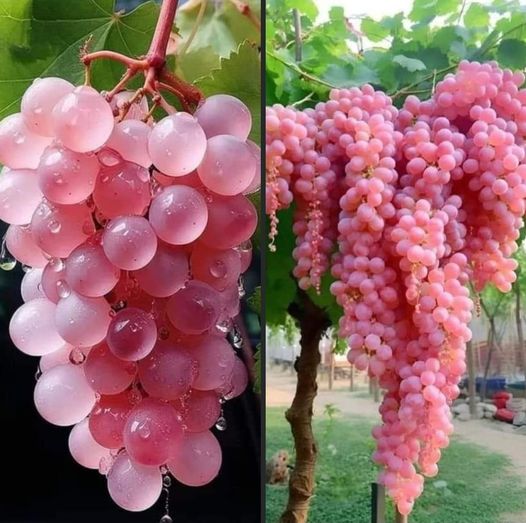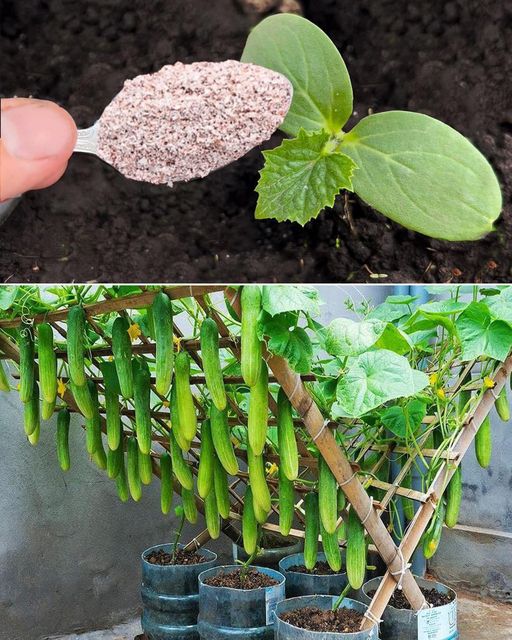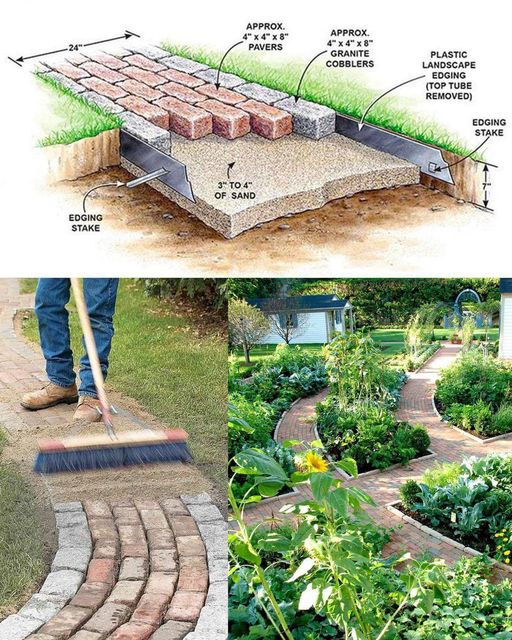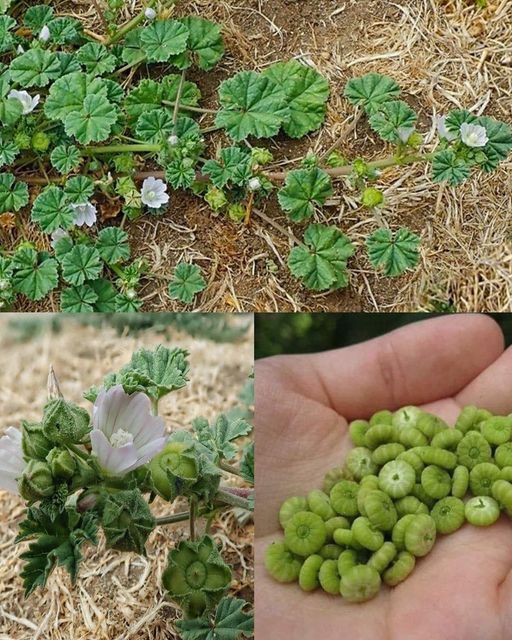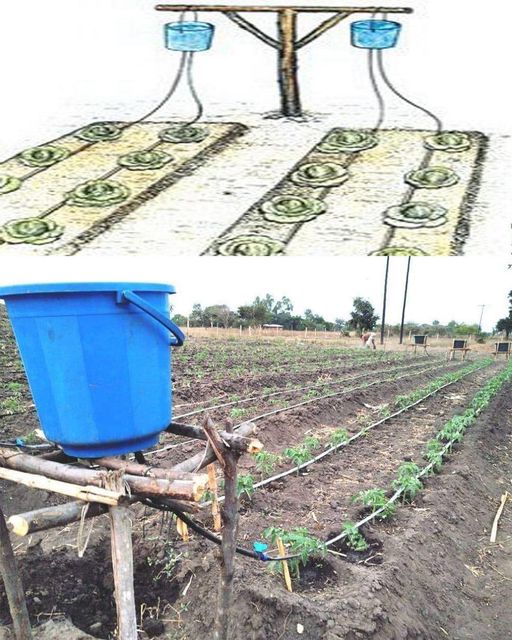Hydrogen peroxide is a versatile substance that can be incredibly helpful in your garden. It has an extra oxygen atom that makes it useful for various purposes. Let me share with you 10 amazing ways you can use hydrogen peroxide in your garden!
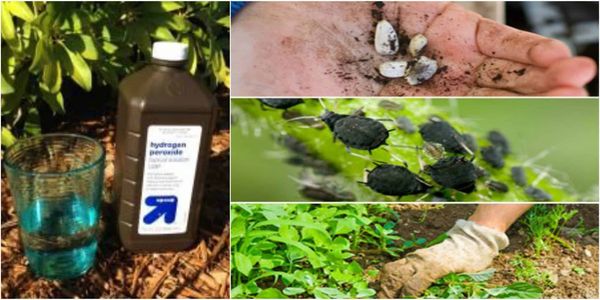
Hydrogen peroxide is a powerful antimicrobial agent. You can use it to sterilize your gardening tools, pots, and even greenhouses. Just be cautious because not all bacteria are affected by hydrogen peroxide. Also, make sure to avoid contact with your skin and plant tissues.
Root rot can suffocate your plants. To prevent this, water them with a mixture of 3% hydrogen peroxide and 1 quart of water. The hydrogen peroxide will introduce extra oxygen into the soil, which your plants can use for survival. Remember to keep the top layer of soil moist until you resume regular watering.
Using hydrogen peroxide when planting seeds has several benefits. It can reduce germination time and increase the number of sprouts per seed. Before planting your seeds, dip them in a 3% hydrogen peroxide solution for 30 minutes. Then, plant them as usual.
Hydrogen peroxide is effective in killing mold and mildew. Create a spray mixture by combining 10 tablespoons of 3%-6% hydrogen peroxide with a liter of water. Apply this mixture daily to your plants until the fungus disappears.
The extra oxygen molecule in hydrogen peroxide helps plants absorb nutrition from the soil more effectively. You can create a fertilizer solution by adding a teaspoon of 3% hydrogen peroxide to 1 gallon of water. Use this solution to water your plants from time to time.
Hydrogen peroxide can also serve as a natural pesticide. Mix equal parts water and 3% hydrogen peroxide in a spray bottle. Use this mixture to kill pests on your plants, as well as on fruits and vegetables that may harbor bacteria.
To prevent seed-borne pathogens from harming your young seedlings, it’s crucial to disinfect the seeds before sowing. Dip the seeds in 3% hydrogen peroxide heated to 140°F for 5 minutes, and then rinse them with plain, room temperature water for a minute. This process will help safeguard your plants from illnesses caused by bacteria like E. coli, Listeria, or Salmonella.
Bacterial infections can cause rot in your plants, especially on fruit, flower buds, bulbs, and tubers. Protect your plants by spraying them with a hydrogen peroxide solution. You can apply this mixture directly onto fresh tree branches or spray it after pruning to maximize protection against bacteria exposure during storage.
To get rid of weeds on your sidewalks or concrete pavements, pour a 10% concentration of hydrogen peroxide on them and leave it for prolonged action. For best results, apply the hydrogen peroxide in the early morning or late evening when sunlight won’t quickly break it down.
After harvesting your fruits and vegetables, spray them with a mixture of 1 tablespoon of hydrogen peroxide and ½ cup of water. This will help preserve them by preventing the oxidation process that causes wilting. With this hydrogen peroxide solution, you can keep your produce fresh for longer periods in the refrigerator.
Hydrogen peroxide can be a fantastic addition to your gardening routine. It’s a friendly and easy-to-use solution that can enhance your garden’s health and protect your plants from harmful microorganisms. Give it a try, and enjoy the benefits of hydrogen peroxide in your garden!
